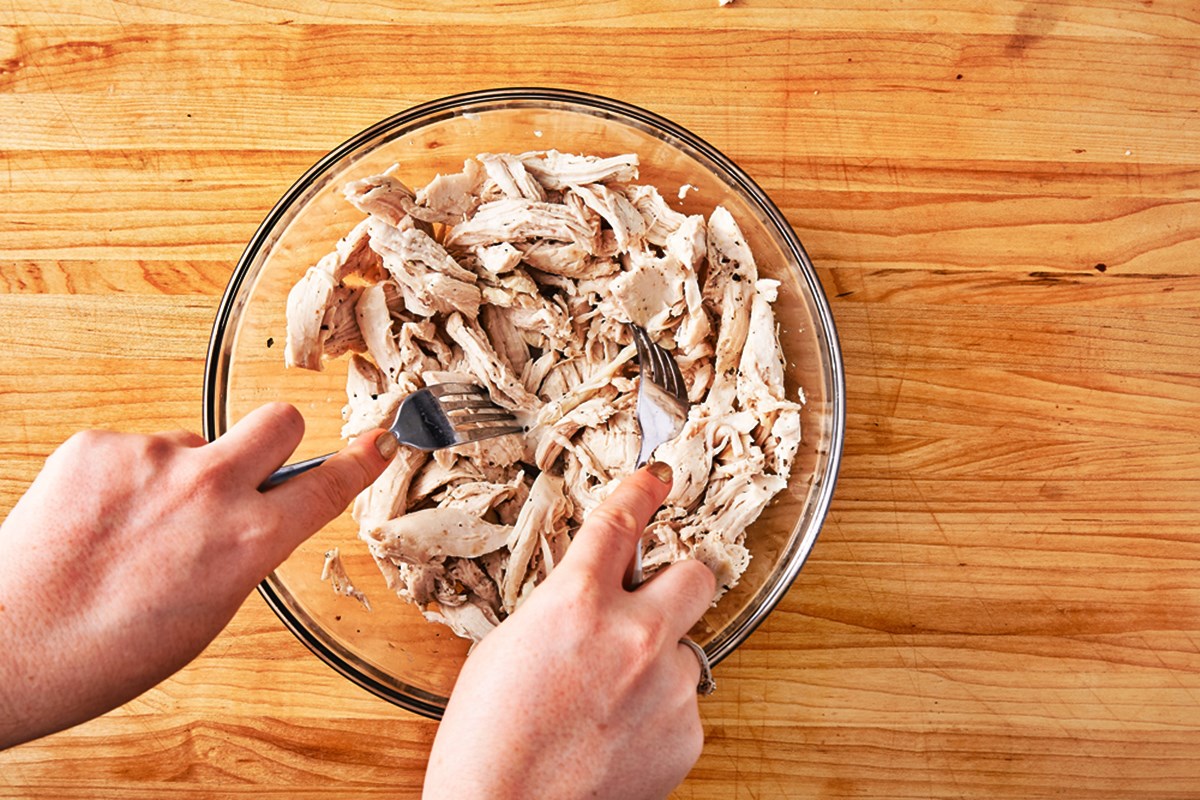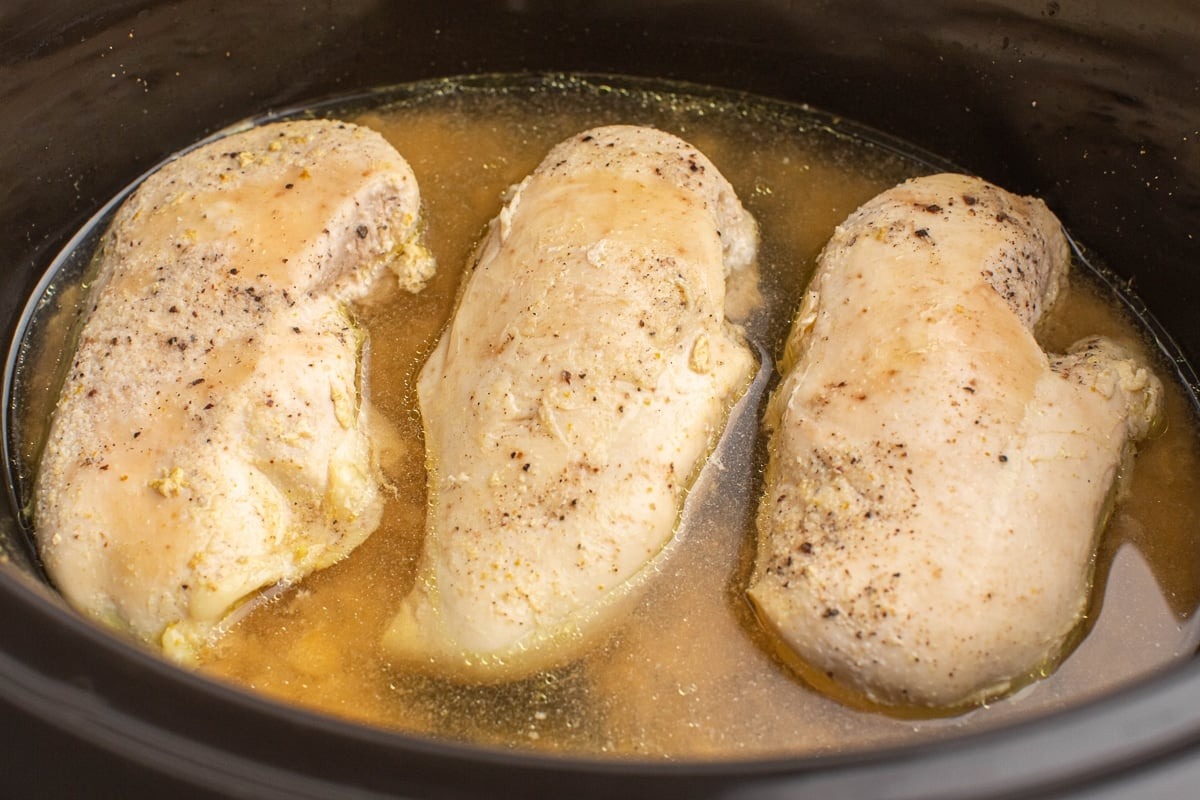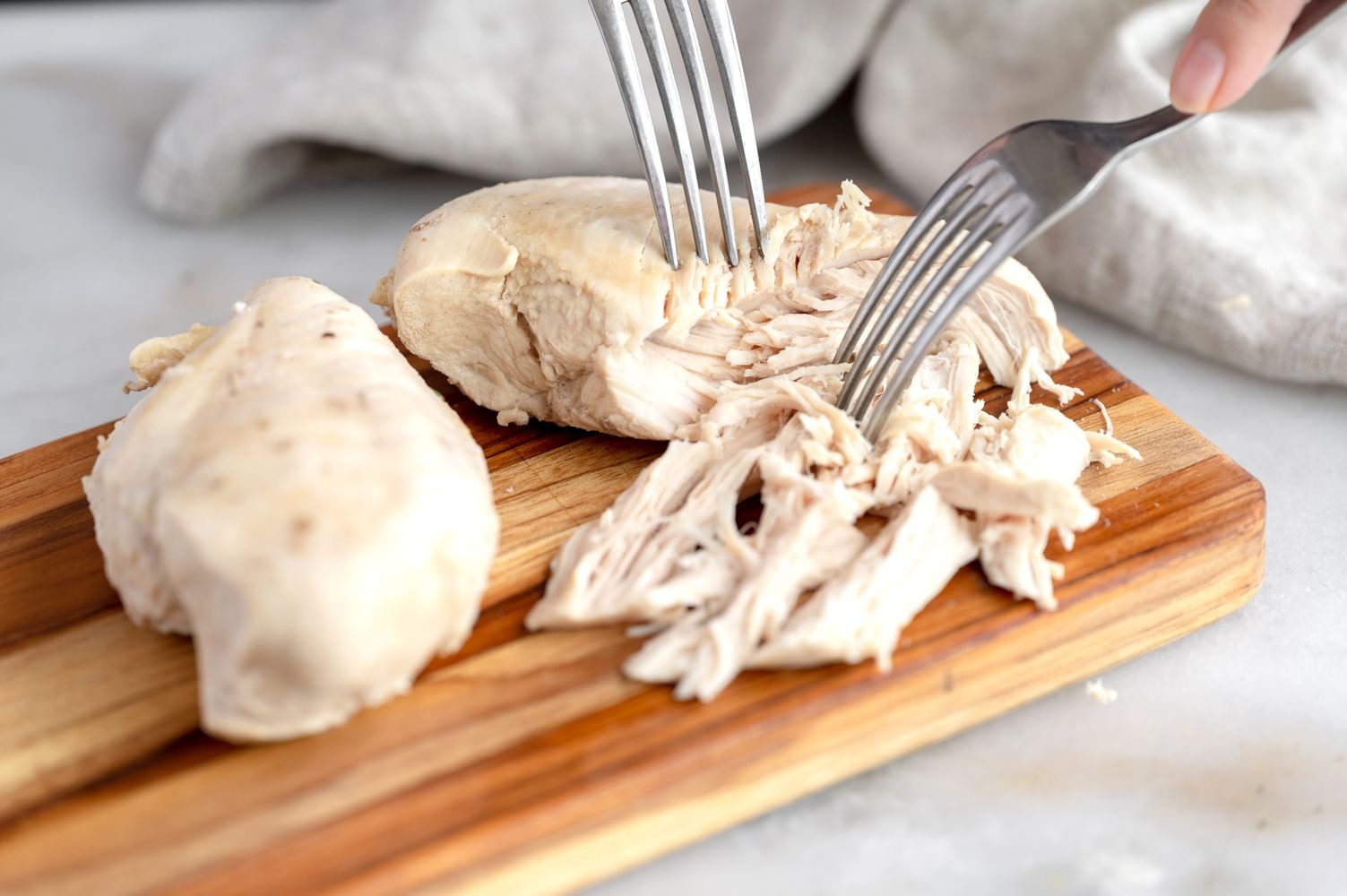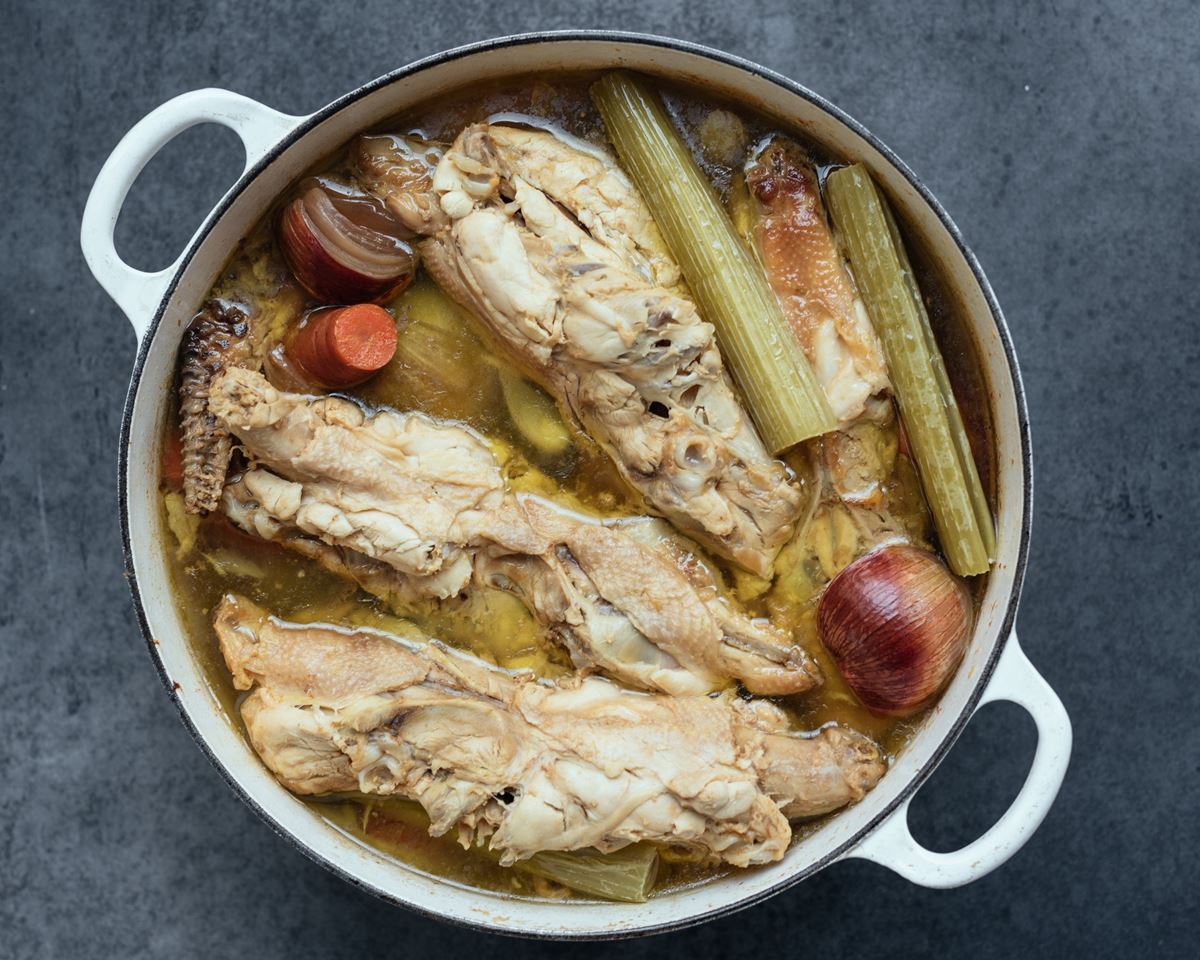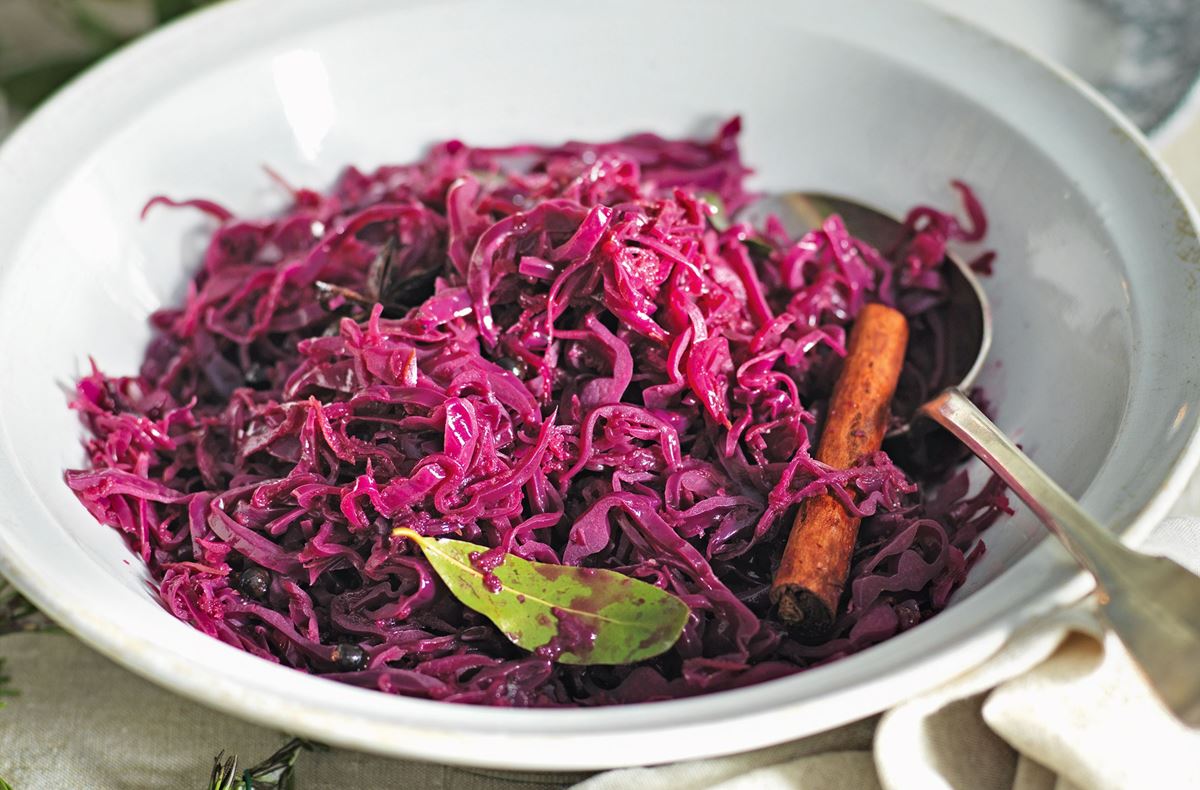How To Boil Rosemary: A Fragrant and Flavorful Herb Infusion
If you’re looking to enhance the taste and aroma of your culinary creations, boiling rosemary is a simple yet effective method. Known for its distinctive pine-like scent and earthy flavor, rosemary adds a delightful twist to a variety of dishes. Whether you’re a seasoned chef or a novice in the kitchen, this guide will show you how to harness the full potential of rosemary through boiling.
The Benefits of Boiling Rosemary
Boiling rosemary allows you to extract its essential oils and unlock its rich flavor profile. Here are a few reasons why you should consider boiling this versatile herb:
- Enhanced Flavor: Boiling intensifies the flavor of rosemary, making it more pronounced in your dishes.
- Aromatherapy in the Kitchen: As rosemary boils, it releases its aromatic properties, bringing a refreshing aroma to your culinary space.
- Infused Dishes: By boiling rosemary, you can infuse its essence into soups, stews, sauces, and even beverages, taking your recipes to a whole new level.
Step-by-Step Guide: How To Boil Rosemary
Follow these simple steps to boil rosemary like a pro:
- Select Fresh Rosemary: Opt for fresh rosemary sprigs rather than dried ones for a more vibrant and potent infusion.
- Clean and Prep: Before boiling, rinse the rosemary sprigs under cold water to remove any dirt or impurities. Pat them dry with a paper towel.
- Choose a Pot: Pick a pot that is deep enough to accommodate the rosemary sprigs without overcrowding.
- Add Water: Fill the pot with water, ensuring it covers the rosemary sprigs completely.
- Boil the Rosemary: Place the pot on the stove over medium-high heat and bring the water to a rolling boil. Once boiling, reduce the heat to low and let the rosemary simmer gently.
- Infuse for Flavor: Allow the rosemary to simmer for at least 10-15 minutes. This will give the herb ample time to release its flavors into the water.
- Strain and Serve: After the desired infusion time, remove the pot from the heat and strain the liquid to separate the rosemary sprigs.
- Utilize the Infusion: The infused rosemary water can now be used in a wide range of recipes. From adding it to marinades, broths, or drizzling it over roasted vegetables, the possibilities are endless.
Remember, you can experiment with the boiling time to adjust the strength of the rosemary infusion according to your taste preference. Don’t shy away from trying different cooking techniques to explore the versatility of this beloved herb.
Conclusion
Boiling rosemary is an excellent way to elevate the flavors and aromas in your culinary creations. With just a few simple steps, you can harness the full potential of this fragrant herb. So, the next time you’re looking to add a touch of freshness and depth to your dishes, don’t forget to boil some rosemary. Your taste buds will thank you!
Was this page helpful?
Read Next: How To Boil Chicken Without Drying It Out

